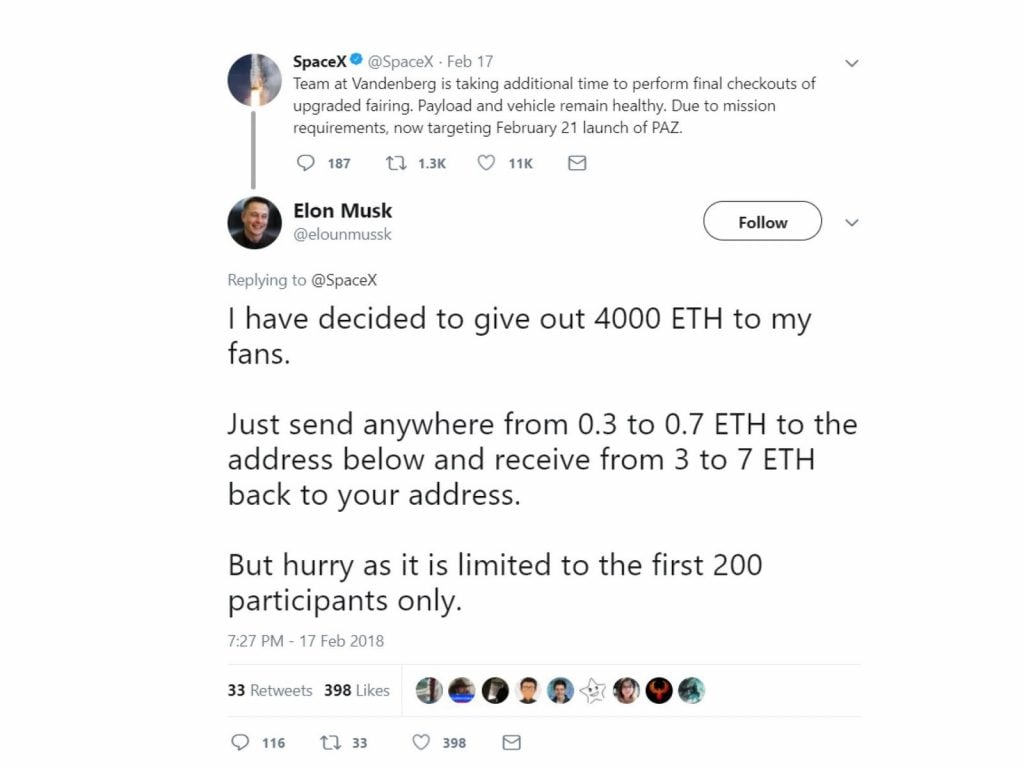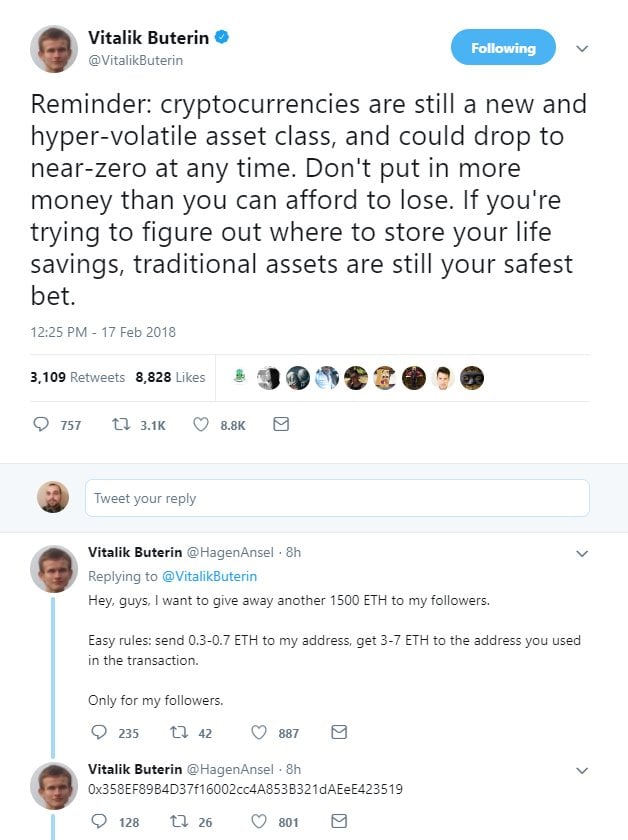
IBM recently unveiled its Q System One at the Consumer Electronics Show (CES) 2019, with the company describing the quantum computer as being developed for “commercial use.” Despite numerous media outlets again decrying the imminent death of Bitcoin, IBM’s quantum system is not the game-changer that many are heralding it to be.
Also Read: Japanese Regulator Clarifies Stance on Bitcoin ETFs and Derivatives
IBM Unveils Quantum Computing System
 IBM’s commercial launch of its new quantum computing system has fueled reports claiming that the technology may spell doom for bitcoin and cryptocurrency.
IBM’s commercial launch of its new quantum computing system has fueled reports claiming that the technology may spell doom for bitcoin and cryptocurrency.
The reports are based on a long-standing fear that the advent of quantum computing could break contemporary encryption practices, undermining the security of distributed ledger technologies.
The Q System One uses IBM’s 20-qubit chip, with the company claiming that the unit is “designed for commercial use.” At launch, Arvind Krishna, director of IBM Research, described the system as “critical in expanding quantum computing beyond the walls of the research lab as we work to develop practical quantum applications for business and science.”
Despite IMB implying that the computer can be physically purchased, the device is only accessible via the cloud due to the extreme delicacy and climate required to operate quantum chips. According to Gizmodo, IBM also “already offers cloud-based access to its [quantum] experience, which includes the 20-qubit chip.”
Experts Doubt Practical Uses for IBM’s 20-Qubit System
 While a number of analysts have noted the commercial significance of IBM’s Q System One, many onlookers are skeptical of the capabilities of the system, instead suggesting that 50-qubit chips are likely to have a greater array of practical applications.
While a number of analysts have noted the commercial significance of IBM’s Q System One, many onlookers are skeptical of the capabilities of the system, instead suggesting that 50-qubit chips are likely to have a greater array of practical applications.
Helmut Katzgraber, principal researcher at Microsoft Quantum, similarly described IBM’s announcement as a “historical milestone to be able to commercially acquire a digital device, even though the technology,” but anticipates that the system will be of little use beyond research and PR.
IBM Q System One Comprises Commercial Rather Than Computational Milestone
 Despite describing the increasing accessibility of quantum computing as “significant,” Andrew Childs, the co-director of the Joint Center for Quantum Information and Computer Science at the University of Maryland, expressed skepticism regarding IBM’s device, stating: “Ultimately though, I think figuring out how to make a lot of low-noise qubits is a lot more important than figuring out how to put them in a beautiful package.”
Despite describing the increasing accessibility of quantum computing as “significant,” Andrew Childs, the co-director of the Joint Center for Quantum Information and Computer Science at the University of Maryland, expressed skepticism regarding IBM’s device, stating: “Ultimately though, I think figuring out how to make a lot of low-noise qubits is a lot more important than figuring out how to put them in a beautiful package.”
“It’s more like a stepping stone than a practical quantum computer,” stated Winfried Hensinger, professor of quantum technologies at the University of Sussex. “Don’t think of this as a quantum computer that can solve all of the problems quantum computing is known for. Think of it as a prototype machine that allows you to test and further develop some of the programming that might be useful in the future,” he added.
What do you think of IBM’s Q System One and the purported threat quantum computing poses to cryptcurrency? Share your thoughts in the comments section below!
Images courtesy of Shutterstock, IBM Research
At Bitcoin.com there’s a bunch of free helpful services. For instance, have you seen our Tools page? You can even lookup the exchange rate for a transaction in the past. Or calculate the value of your current holdings. Or create a paper wallet. And much more.
The post No, IBM’s Quantum Computer Won’t Break Bitcoin appeared first on Bitcoin News.
from Bitcoin News http://bit.ly/2FscvAV No, IBM’s Quantum Computer Won’t Break Bitcoin


 Bitcoin was envisaged as a payments system and so it was natural, long before the store of value notion emerged, that comparisons would be made with existing global payment systems. Bitcoin’s early adopters knew that if the technology took off, some time in the future it would need to handle magnitudes more transactions per second than the 7 it could muster. Someone mentioned Visa with their magical 24k per second, and it’s stuck ever since.
Bitcoin was envisaged as a payments system and so it was natural, long before the store of value notion emerged, that comparisons would be made with existing global payment systems. Bitcoin’s early adopters knew that if the technology took off, some time in the future it would need to handle magnitudes more transactions per second than the 7 it could muster. Someone mentioned Visa with their magical 24k per second, and it’s stuck ever since.
 For now, any time a new blockchain starts making promises about “beating Visa’s 24,000 tps”, be sceptical and examine the fineprint. IOTA’s meant to be fast and scalable, but like a kid who’s terrified of removing the stabilizers from their bike, it still doesn’t function without its coordinator. Hashgraph is also meant to be fast, but it comes with threats to sue anyone who tries to fork it and any blockchain that can be sued isn’t a decentralized network. Come to think of it, it’s more like Visa.
For now, any time a new blockchain starts making promises about “beating Visa’s 24,000 tps”, be sceptical and examine the fineprint. IOTA’s meant to be fast and scalable, but like a kid who’s terrified of removing the stabilizers from their bike, it still doesn’t function without its coordinator. Hashgraph is also meant to be fast, but it comes with threats to sue anyone who tries to fork it and any blockchain that can be sued isn’t a decentralized network. Come to think of it, it’s more like Visa.


